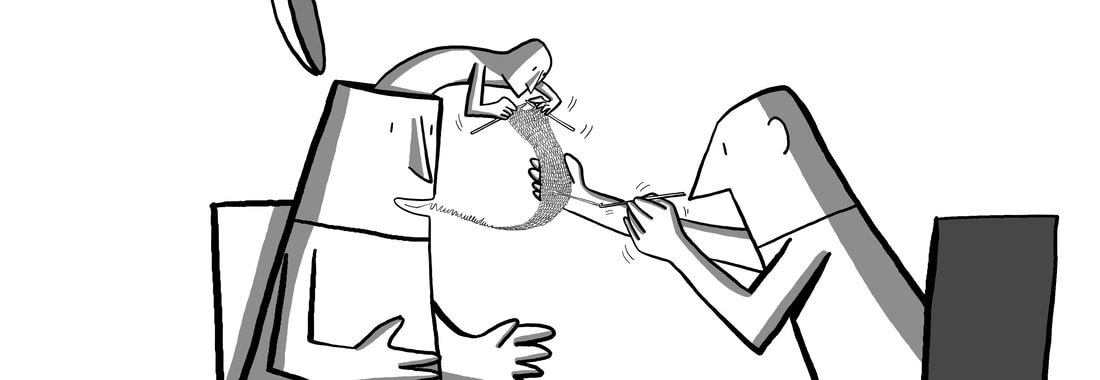Gestalt Therapy
At the core of Gestalt therapy is a holistic view which maintains that a human being is a whole declined into physical, affective, cognitive, social as well as spiritual components.
Focusing on the present situation, with whatever past and future is attached to it, Gestalt therapy focuses more on process (what is being experienced between the patient and the therapist) than content (what is being discussed). In the here and now of the therapy session, we will experiment how we relate with each other, our ways of being, our insights and outlooks on the world, and sometimes we will open up to new ones. From this point of view, we are able to take responsibility for our responses and actions with more excitement, energy and courage to live life directly. Observing what is, instead of interpreting it, Gestalt therapy focuses on people's existence, as directly experienced. Working in the here and now means that we look at things the way they are, rather than the way we think they should be or how they could have been. These three qualities "existential, experiential and experimental" are used by Laura Perls to explain in a formula what is Gestalt Therapy. (Laura Perls,1992, p176). |
What Does "Gestalt" mean?
One of the principles underlying holistic therapies - from the Greek Holos, meaning the whole - is that "the whole is greater than the sum of its parts".
The word "Gestalt" comes from the German word meaning "Give shape or form", and it references the idea of giving a meaningful structure to something. By exploring the different parts of the self, and by progressively seeing how they are intertwined, we strive towards greater unity and integration of fragmented parts of the self, a better understanding of what moves us and how we are moved. Each element, such as the way we express ourselves in a particular situation will be framed within a larger picture. * This text has been partly inspired by Gary Yontef in introductory chapter in Awareness, Dialogue, and Process published by The Gestalt Journal Press, 1993. |

